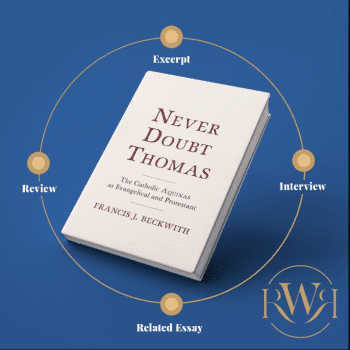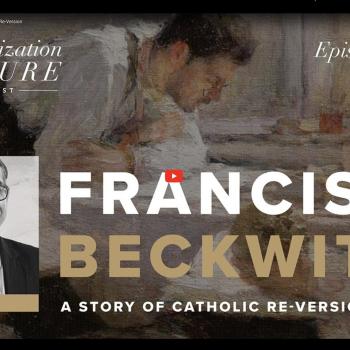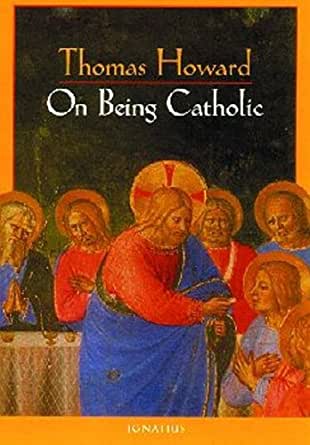I’m preparing to fly out to Atlanta, Georgia to participate in the 62nd annual meeting of the Evangelical Theological Society (17-19 November). You can find the program for the meeting here. I will be delivering two papers at the conference. I will also be participating in a lay conference sponsored by the Evangelical Philosophical Society on November 18-20, 2010 at Johnson Ferry Baptist Church in Marietta, Georgia. You can find about that here.
Here’s a little something about the two papers I will be delivering at ETS:
One of them, which I was invited to deliver by the Bioethics Study Group, is “Recent Challenges to Fetal Personhood: A Critical Analysis.” Here is the abstract:
Christians oppose embryonic stem-cell research, abortion, and embryo and fetal experimentation because they believe that the human being is a full-fledged member of thehuman community from the moment of conception. This view has been challenged for several decades, with some of us offering a variety of responses. However, during the past decade three philosophers have offered new and innovative arguments in order to establish the view that the unborn human being, during at least most of its gestation, is not a moral person. In this paper I will critique the arguments of three of these philosophers: Dean Stretton, Jeff McMahon, and David Boonin.
My other paper will be delivered at the annual meeting of the Evangelical Philosophical Society (EPS), a group whose complete docket is part of the ETS meeting. My paper is entitled: “Doting Thomists: Evangelicals, Thomas Aquinas, and Justification.” Here is the abstract:
Over the past several decades a growing number of Evangelical philosophers and theologians have described their views, on a variety of issues and arguments, as Thomistic. That is, they claim to be, on certain questions, followers of St. Thomas Aquinas (1225-1274). Although these thinkers often claim to be Thomistic almost exclusively on questions in philosophical theology, metaphysics, philosophical anthropology, and apologetics, a few of them have gone so far as to claim that Thomas’ views on justification are either (1) consistent with, or not obviously opposed to, a Reformed perspective, or (2) inconsistent with the doctrine of justification expounded by the Catholic Church at the Council of Trent and the 1994 Catechism of the Catholic Church. Among the thinkers who embrace this understanding of Thomas are Norman L. Geisler, R. C. Sproul, and John Gerstner. In this paper, I argue that their reading of Thomas is mistaken and that in fact Thomas’ soteriology was integral to the Council of Trent’s expounding of the doctrine of justification and that the Catechism’s presentation of justification is thoroughly Thomistic. I also argue that because Thomas was not writing in response to, or in the aftermath of, the Protestant Reformation, his work on justification is not driven by the issues over which Protestants and Catholics wrangle today. For this reason, these thinkers’ misreading of Thomas and his subsequent influence on the Catholic Church’s articulation of its soteriology is a hopeful sign that Evangelical Protestant friends of Thomas may also come to see that many who are in communion with Thomas’ Church are friends as well.
The theme of this year’s conference is “Justification by Faith,” and its plenary speakers are Professor Thomas Schreiner, Bishop N. T. Wright, and Professor Frank Thielman. So, my EPS paper should fit right in.
I had attended, and delivered a paper at, every annual ETS meeting from 1988 until 2007 with the exception of 2000 (when I was in law school). So, I am really looking forward to seeing many of my dear friends.












